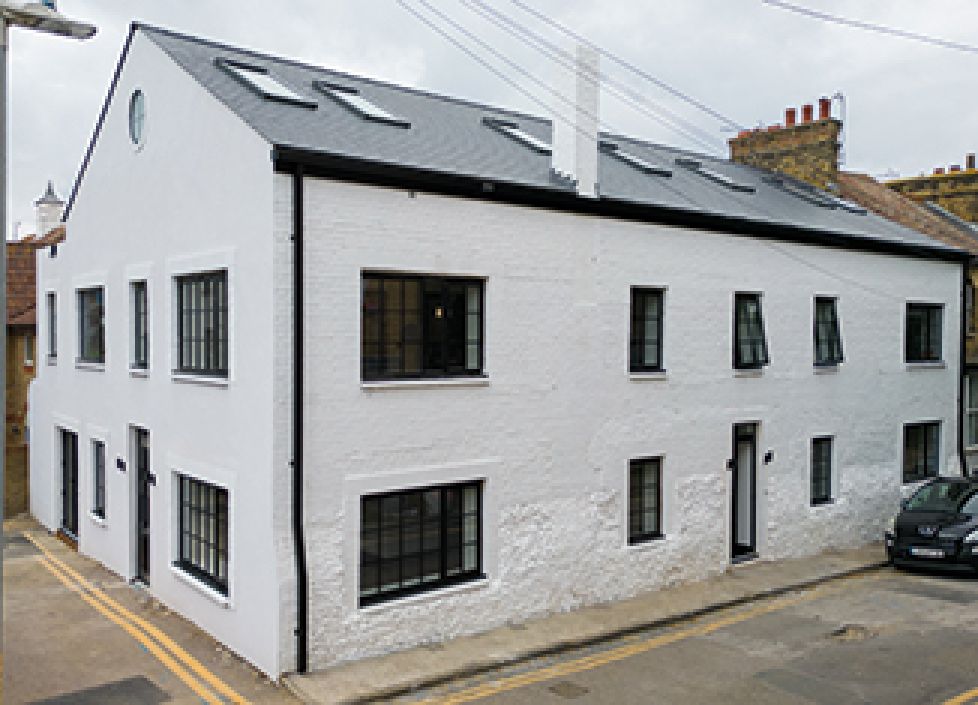Northern Powerhouse cities of Manchester, Leeds and Liverpool have joined the likes of Bangkok, Lisbon and Berlin at the top of a list of global property investment hotspots, according to research from IP Global.
The cities, which could soon also be joined by Newcastle and Seattle at the top of the table, offer the best return on investment as reported by IP Global’s quarterly Global Real Estate Outlook.
Manchester continues to take the top spot. With rapid growth taking place, house prices are on the up, with an 8.6% increase recorded from Oct 2016-Oct 2017 and rents are forecast to increase 16.5% from 2018 to 2022. Healthy rental yields of 5.6% gross were recorded at the end of 2017 too, driven by a large working age population and a 51% graduate retention rate from the city’s 105,000 students.
Greater Manchester’s population of 2.8m has grown by 6.8% since 2015, according to JLL, and with rapid growth taking place, the urban land values in Manchester rose 24% in 2017, compared to the 4% national average.
 With significant investment in Liverpool, the city has experienced faster economic growth than the rest of the UK thanks in part to the significant investment the city has experienced over the last ten years, including the £5bn Liverpool Waters that will revitalise the city’s prime waterfront area.
With significant investment in Liverpool, the city has experienced faster economic growth than the rest of the UK thanks in part to the significant investment the city has experienced over the last ten years, including the £5bn Liverpool Waters that will revitalise the city’s prime waterfront area.
Liverpool is also one of the UK’s best performing property investment locations with average rental yields of 6.2%. Since 2015, house prices have increased 14%. Rents are also on the up, with predictions of 17.6% growth from 2018 to 2021. Employment in Liverpool has since 2010 and unemployment is now at its lowest level since 1975, according to the report.
According to IP Global, Leeds is the largest economy in the UK outside London, which is “proving very appealing for international investors”. The report estimates that Leeds’s economy is worth £18bn, a 40% growth in the last decade.
Rental growth of 18.8% is forecast between 2018 and 2021, which is being driven by a student population of 65,000 and key growth industries bringing 6% annual job growth in the private sector. The firm states: “There is also a significant supply shortfall with 90,000 units needing to be delivered by 2021, but only 60,000 units in the development pipeline. With willing renters and buyers Leeds is well-placed to grow and showing all signs of a strong future.”
Newcastle’s economy is driven by a thriving digital industry which accounts for 40% of all business, employs more than 27,000 people and is worth more than US$14bn to the local economy. IP Global says that it is also the best (digitally) connected city in the UK, outside of London. It adds: “Newcastle will not be far behind (Leeds) with an economy driven by a thriving digital industry which accounts for 40% of all business and employs more than 27,000 people. Over the last 13 years, the number of rental properties entering the market has increased by almost 60%, with 22,000 homes and apartments now available in the city.”
Newcastle has the highest average rental yields in the UK as well as access to homes that cost 40% less than the national average. The average occupancy rate for rental property in Newcastle currently stands at more than 95%, with Newcastle City Council warning that there will be a shortfall of almost 16,500 homes for rent in 2030 if development fails to keep up with current demand levels. Should this continue IP Global predicts that Newcastle will shortly be joining the list of global property investment hotspots.
Lastly, the report found that Birmingham has a growing population which will rise by 171,000 to 1.3m by 2039. IP Global expects property prices in Birmingham to increase by 18% between 2018 and 2022.
It adds that average asking rents have increased by 23% since 2009, which equates to an average growth of 3% per year, outpacing the wider Midlands area. This level of rental growth is expected to continue in the coming years, with average asking rents estimated to grow by an additional 14.7% by 2021.
The firm concludes: “In 2017 we have invested £106m in the Northern Powerhouse, which works out to be a 36% uplift from 2015/2016 (£77.5m) to 2017. In 2018 we project that we will invest around £200m into the area. The trend of Northern Powerhouse growth shows no signs of slowing with increased investment in vital services and infrastructure continuing to appeal to individual property investors from all over the world.
“Although more exotic locations such as Bangkok and ‘trendy’ European locations such as Berlin continue to attract investors, it’s the Northern cities of England that are attracting international attention for quality developments at affordable prices with very strong growth trajectories.”



















